 Pausing to reflect … is not the same as thinking we are at the destination.
Pausing to reflect … is not the same as thinking we are at the destination.
Although I have been running Revolution Hive for a few years, and we have made a lot of progress since then, we actually decided to go onto an incubator programme last year. Although the team had mixed thoughts about how valuable this would be, considering we had already been around a little while, we can honestly say it was massively helpful; and as we reflect on that experience and the learning from the programme, I have been thinking about the journey of any entrepreneur with an early-stage venture. Here are my thoughts:
What’s most important when trying to successfully build an impactful social start-up?
- Give people ownership & trust. When you’re a founder, it’s easy become a burden to the business. Many people mistakenly see their social innovation as their “baby” – and certainly did too. I understand why, you’ve chosen this path of uncertainty, and it’s required a lot of sacrifice, so you want to really hold onto it and nurture it as much as you can, you want to be a key part of every action. However, this has an effect on your decision making in a way that limits its potential. Instead of seeing the business as your baby you have to realise that you are your business’ baby. You are there to play an important role, but that role is centred around doing whatever the mission asks of you. So the question is, are you willing to step aside and let other people lead the way? If there was a better CEO for example, would you be open to stepping aside and allowing them to take command? I started the company in late 2012 and took it as far as I could. On that part of the journey, I met some incredible people, from clients, to suppliers to the people who helped to deliver our services to customers; and as much as my ego loved being the main man, who led on every area of work, I had to put that to one side and build a credible team. So throughout 2016, I began to bring some of these amazing people together and form a group of powerful players that could move us closer to our vision. In doing this, I give them a real stake in the company and focused on creating a culture that allowed us to thrive.
- Sustainable iteration. In contrast to the popular narrative, I think we often favour growth unnecessarily. Stability is massively underrated and it’s important to know the right timing for creating changes. Sometimes it’s more effective and actually wiser to maintain the level you are at, in terms of impact and operations, then work on refining the details. For example, are you developing your product(s) in an extraordinary manner? Have you assessed the efficiency of your route to market? Are your customers left feeling thrilled? What’s your team culture like? Are you led by the proof of your revenue and sales, or led by what you think the market wants?
- Read & research widely. You absolutely have to make sure you are investing time in learning if you are a leader in your organisation – not those who are given titles, those that lead by nature. Last year, I read 50 books and wrote a summary for each one. I go to professional training days every month. I seek guidance and support from people more experienced than me in my industry, to try and improve every day. The better informed you are, the more effective decisions you will make. Now let’s say you’ve read 100 books, engage in regular conversations with experts and have received masses of training, that one decision you make is likely to be so much more lucrative for your business.
Everyone experiences individual, and business, challenges on this journey … what were my biggest?
In all honesty, when I started, I didn’t have a business model and had to learn the mindset of an entrepreneur. I started Revolution Hive from my bedroom, and at the time, me and my brother shared a room. So yep, you guessed it, sometimes I would be on calls with clients, as a young 21-year-old trying to make a name for myself, and he’s making noise in the background or trying to put me off. It really wasn’t easy. There were many things I wasn’t sure of, but I knew there was a real gap in my market, and that many others felt the same. At times it has been slow and unclear how and if things would change but thankfully, with all of the help I’ve received and the adjustments and iterations I’ve made, I’ve been able to develop something better over time.
Is there anything I’d do differently if I had to make the journey again?
Said with the most humility, if I could start again I would tell the 21-year-old me to trust in himself and keep at it. Practically though, I would definitely look spend a bit more time creating quality in all of my work. There’s no reason to rush the process. Whether making a video for YouTube or designing a workshop, immediate efficiency doesn’t have to be prioritised, so don’t feel you have to cut any corners. It’s better to simplify, do one thing really well and then go from there. Books I’d recommend when starting though, are Second Bounce of the Ball by Ronald Cohen & Doing Good Better by William MacAskill.
Bio:
Keshav Bhatt is the founder of Revolution Hive, a social enterprise which aims to equip young people for life, and ensure they are able to deal with the biggest personal and social challenges of the 21st century.

